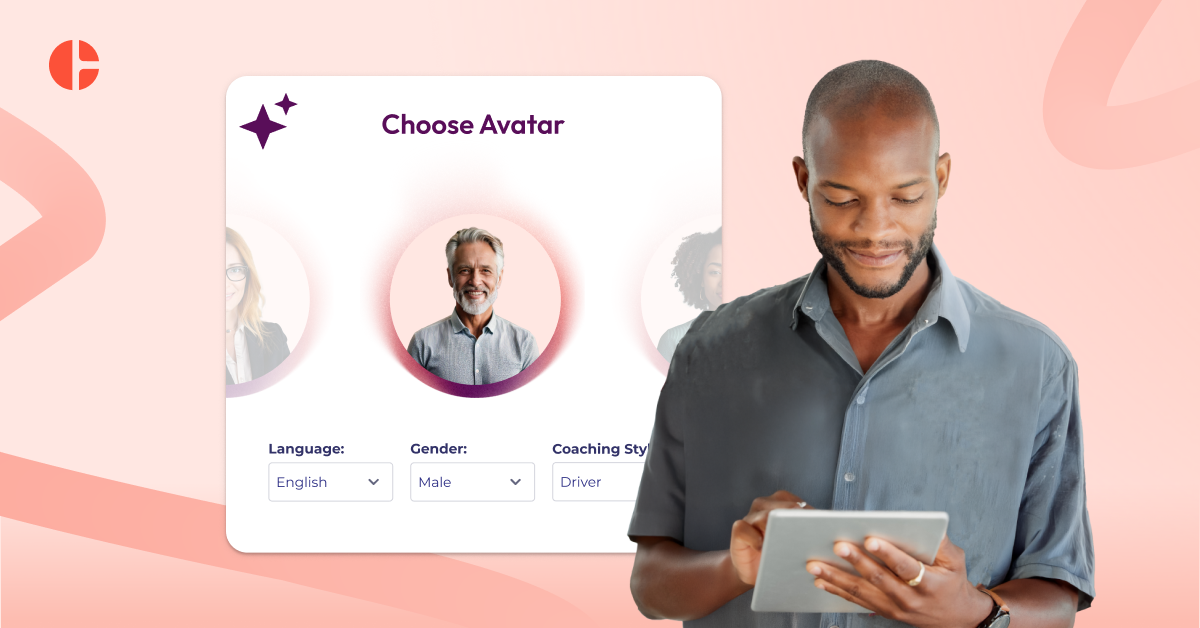The Benefits of Exit Interviews: Understanding Employee Feedback

Exit interviews are an integral part of a company, even if you think your workplace culture is excellent. No matter the kinds of perks you offer employees at your company, they are bound to leave eventually. It is an unavailable part of an organisation's life cycle. Sometimes, it may not be because of anything wrong with your company. Employees leave for different reasons that may have nothing to do with your organisation's culture.Regardless of the reason why an employee leaves your company, exit interviews are still important. They help you get an idea of how your office culture is viewed by employees so you can figure out what parts need improvement and what parts need to be discarded. They give you an overview of employee experiences in your company so you can improve staff retention.Exit interviews ensure that you can get an unbiased opinion of your company and find out new strategies you can implement from other companies. The exit interview can be carried out by an employee still in your organisation or by a third party. Either way you choose to do it, you will get valuable feedback that could help you improve employee retention or loyalty within your organisation.
The importance of employee feedback
Employee feedback is beneficial both for the employees and the managers within an organisation. They provide an avenue to offer unbiased suggestions and seek out solutions to problems affecting the employee experience and productivity.
Understanding employee perspectives
For managers, exit interviews provide an opportunity to see things from the perspective of employees in the company. Most of the time, an invisible barrier exists between employees and managers that can make it difficult to understand where each side is coming from. Exit interviews serve as a rare chance for former employees to give their opinion on the workplace culture. They also bring existing complaints to the management's attention. Half the time, these are things that employees may have a hard time voicing.
Improving employee satisfaction and retention
By getting the opinions of former employees, managers can figure out what they need to do to improve employee loyalty in their workplaces. Exit interviews show the managers what they need to implement or improve on to improve employee satisfaction. This way, employees are less likely to be poached by competitor companies.
Identifying and addressing workplace issues
If there are any underlying issues affecting productivity or communication within a company, exit interviews will help bring them to light. This way, managers and HR can figure out what parts of their structure are pushing employees away so they can address them and provide lasting solutions. No company wants to go through the process of having to hire new employees over and over. The goal is to achieve optimum employee retention.
Preparing for exit interviews
For them to be effective, exit interviews need to be properly prepared for. This is to ensure that the interviewer is aware of the kinds of questions that need to be asked to understand the employee's reasons for leaving an organisation. They also ensure that you can easily categorise whatever issues the employees may have with your company so you can come up with a plan to fix it.
Developing an Interview Process
Exit interviews need to be taken very seriously. Oftentimes, they are the only way you can get honest feedback from employees. This emphasises the need to come up with an efficient interview process. Preparing questions, picking the right interviewer, etc. are a few of the things that have a great effect on how well the exit interview goes as well as the kinds of results you may get from it.
Selecting appropriate interviewers
This is an aspect of the interview process that will determine whether you get useful feedback or not. The selected interviewers need to be professionals skilled at human relations who know the right kinds of questions to ask in an interview.
Establishing confidentiality and objectivity
Before employees can give their opinion on organisational structure and company culture, they need to know that their opinions or criticisms will be taken in good faith. No employee wants to give honest feedback if it will not be considered at the end of the day. Showing that you take your employees' opinions very seriously is an excellent way of ensuring that you get useful responses from an exit interview.
Conducting exit interviews
Once you have prepared for the exit interview, the next step is actually conducting it. There are a couple of things you should be mindful of while doing so.
Preparing and asking effective questions
You need to be intentional about the kinds of questions you ask during an exit interview. In preparing your questions, you need to keep your goal in mind. What are you trying to find out? This will guide the direction of the questions you ask. It will also make the interview process appear organised while sending the message that you are ready to take the feedback very seriously.
Listening and responding to feedback
There is no point to exit interviews if the interviewer doesn't pay attention to what is being said. This is why it is important to pick the right professionals to conduct the interview. Properly listening and being able to pick up on unspoken cues will make it easier for you to respond to feedback and take criticisms objectively.
Recording and analysing results
After conducting a few exit interviews, the next thing to do is to analyse the responses. See if there are any connections between the feedback from different employees. It always helps to have a record of complaints and suggestions relating to the company from employees. This helps you find patterns and peg problem areas faster.
Implementing feedback
What you want to do next after the exit interviews is to come up with strategies to ensure that the feedback is implemented and applied properly. The interview process would be useless if companies do not try to use the responses to their advantage.
Prioritising recommendations
While employee feedback is important, you need to be able to filter the grain from the shaft. This means, you need to know how to prioritise recommendations. This process will help you pinpoint which problems need immediate attention. It can be a bit overwhelming to try to interpret feedback from an exit interview, but the way you prioritise problems can spell the difference between success and failure for your company.
Developing and implementing solutions
After organising the recommendations, the next step is to come up with solutions. There is no point to finding out problems if nothing will be done about them. The next course of action after identifying problems is to develop workable solutions to the problems, otherwise, the interview process would just be a waste of time. Work with experts on company culture to help you find solutions tailored to your organisation's specific needs.
Communicating changes and results
Once you have come to a decision about changes you want to make, you now need to properly communicate these changes to your workers and team members. You should also encourage them to give their opinions. One of the best ways of ensuring employee loyalty is by making them feel like their opinions matter. Involve your employees in processes where their input is needed and watch their loyalty to your company grow.
Overcoming challenges
It is never easy to implement changes in any organisation. Starting from the process of gathering feedback to the part where you come up with solutions, there could be hitches along the way. Thankfully, they can all be handled.
Gathering honest feedback
Getting honest feedback and opinions may prove difficult at first but by consistently showing that you value the input of workers, it becomes easier for them to give you their suggestions.
Balancing confidentiality and objectivity
In all things, wisdom is essential. This is even more true for exit interviews. The interviewers need to be trustworthy individuals that can guarantee confidentiality and be objective about the way they receive feedback.
Encouraging employee participation
At the end of the day, you want to improve employee retention. You can't do this if you only wait for their exit before you seek their opinion on issues within the company.
Using digital coaching to enhance feedback collection and implementation
Digital coaching is an effective tool in helping managers conduct successful exit interviews. Digital coaches are neutral parties who give you an objective view of your company while pointing you in the direction on how to properly receive and implement feedback from employees.
Conclusion
Exit interviews are an integral part of a company's lifecycle that cannot be overlooked. If you hope to achieve any kind of reasonable growth in your company, you have to show that your employees' opinions matter before they leave. This will foster a culture of continuous growth and improvement in the company.While it can be difficult to begin collecting feedback from employees, digital coaching offers an avenue for you to try new ways of implementing changes in your company that benefit everyone in the long run.
FAQ
Yes, executive coaching plays a key role in retaining and engaging senior leaders by giving them space to reflect, grow, and lead with purpose. Through individualised support, executives strengthen communication, decision-making and resilience — all of which drive engagement and long-term satisfaction.
With CoachHub Executive™, organisations not only see improved leadership performance but also greater alignment, motivation and confidence among their top talent, resulting in higher retention and a stronger leadership pipeline.
CoachHub Executive™ goes beyond one-to-one sessions by integrating technology, measurable insights and continuous learning into every coaching journey. Each executive benefits from personalised matching with certified coaches and flexible session formats to reinforce development between sessions.
While traditional coaching often lacks scalability or measurable tracking, CoachHub ensures impact visibility through data-driven dashboards, 24/7 scheduling flexibility and a consistent, high-quality experience for leaders worldwide, that can be tailored to your organisation's goals.
Yes, executive coaching is delivered across 90 countries in 40+ languages, with localised coach networks that meet the cultural and business needs of global organisations.




.svg)


.svg)





.png)



